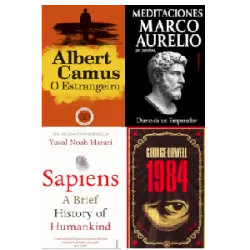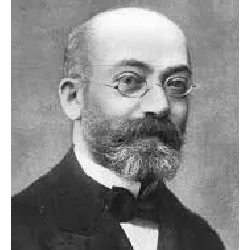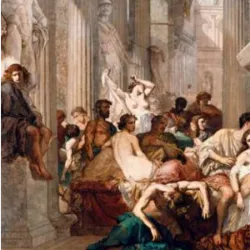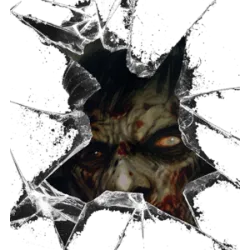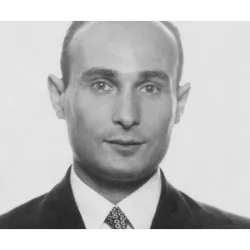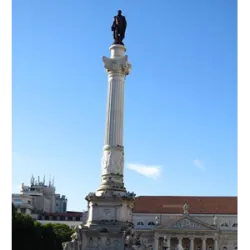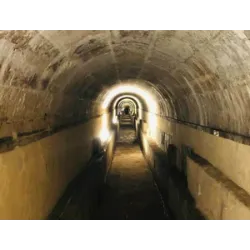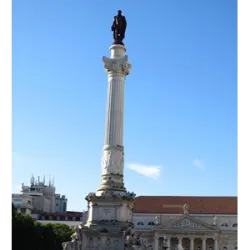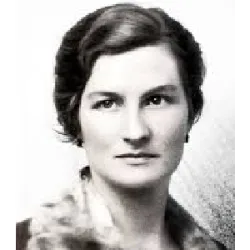Literature and War: Reflections and Resistance
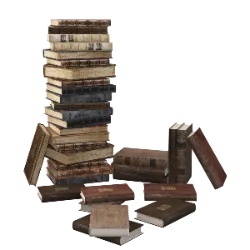
The two great world wars of the 20th century generated a vast literary production that not only documented the horrors of the conflicts, but also their devastating psychological and social effects. Works such as In a Desperate Hour by Erich Maria Remarque portray the disillusionment of soldiers after the First World War, while One Hundred Years of Solitude by Gabriel García Márquez, although more focused on magical realism, also reflects on the traumas and consequences of violence on a global scale. These narratives offer a profound look at the loss, destruction and hopelessness generated by war.
In addition, literature became a vital tool of resistance during periods of totalitarian regimes. In the context of the Brazilian military dictatorship and Nazism, authors such as George Orwell, with 1984, and Vladimir Nabokov, with The Defense, used writing to denounce oppression, authoritarianism and the manipulation of truth. Through their works, these writers created a space for reflection on freedom, social control and the consequences of regimes that silenced the voice of the people.
Thus, literature proved to be essential not only as a way of recording the horrors of war, but also as a powerful instrument of resistance and critical reflection in the face of abuses of power.
Did you know?
